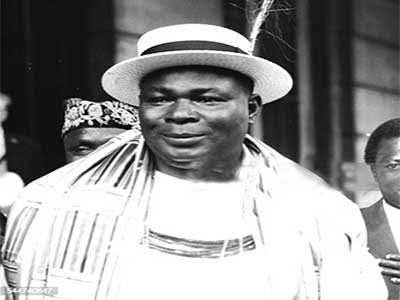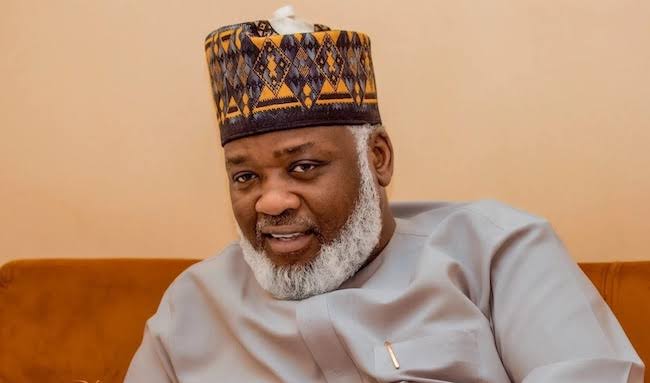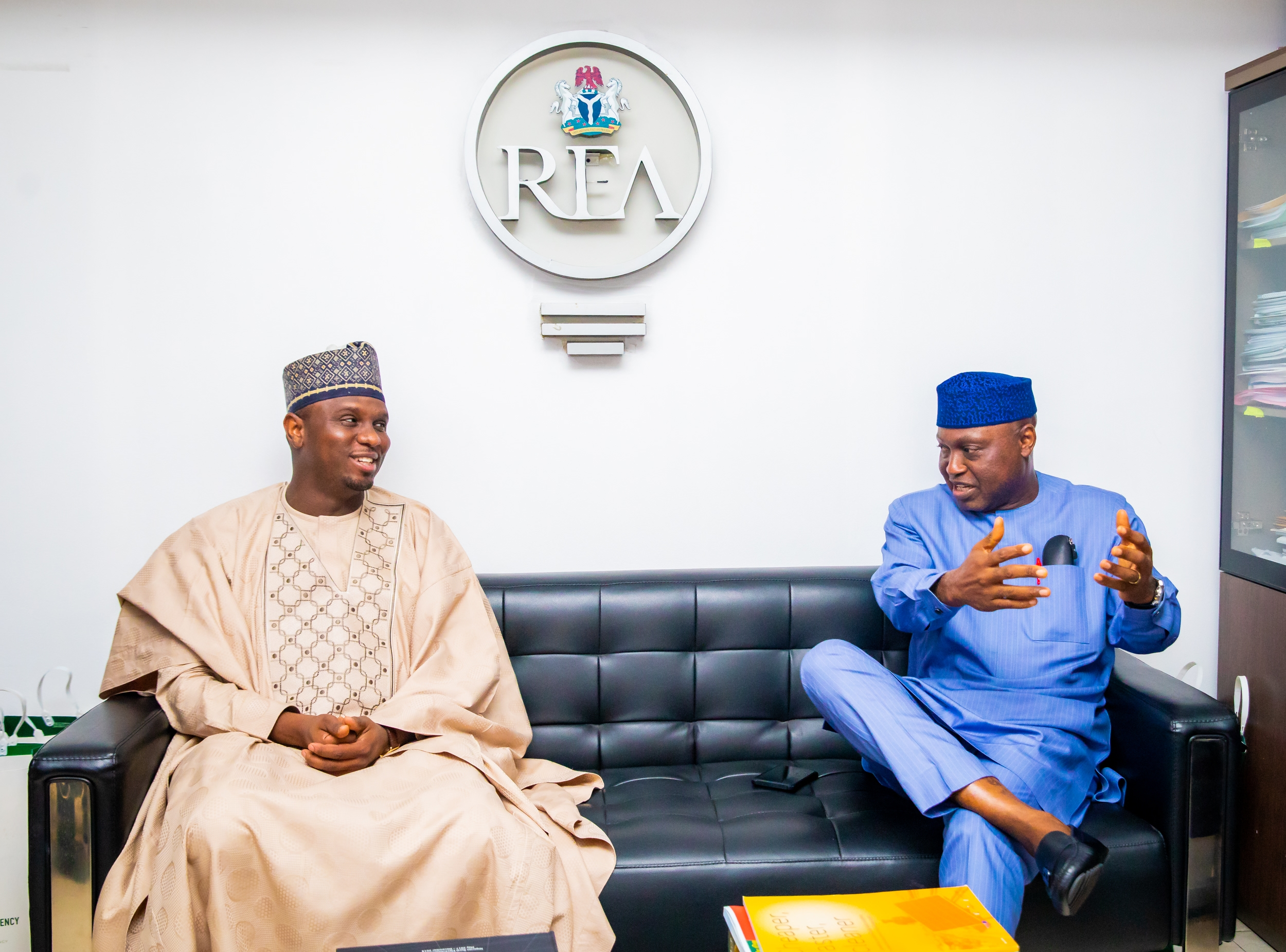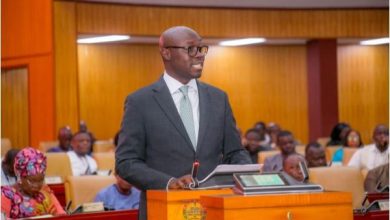
Itsekiri, Yoruba Nation and Humanity will not forget
Chief Festus Okotie-Eboh born on July 18, 1912 and was assassinated at the age of 54 years in the Military coup of January 15, 1966.
Today marks 58 years since the unfortunate military coup took you from us. You fought tirelessly for our people, our lands, and our identity.
The legacy you left behind still serves as a reminder of how great you were and how deeply you loved your people.
There are no politicians like you in the Itsekiri nation anymore. Your death stripped us of everything good, and we have yet to recover.
Today, we remember and celebrate you, late Chief Festus Okotie-Eboh, also known as Omimi Ejọ; A jolo aja!
We remember not only what you did for the Itsekiri people but also what you did for Nigeria as a nation.
As a member of the NCNC, you were a team player and a benevolent leader. Chief Richard Akinjide, SAN, once stated that you were the Treasurer of their party, the NCNC, and that you often made major financial contributions from your personal resources for the benefit of the party. He described you as the go-getter of Prime Minister Balewa’s cabinet. In 1951, you were elected into the Western Region House of Assembly, and in 1954, you became the treasurer of the N.C.N.C. In 1955, you were appointed the federal minister of labour and social welfare (1955-1957), and in 1957, you became the first federal minister of finance. You held this position until your untimely death in 1966.
Your pioneering efforts as the Federal Minister of Finance led to the implementation of the Pay As You Earn (PAYE) system of taxation. You presented the Bill, which was passed into law by Parliament.
You also advocated for an independent Nigeria to issue its own currency through its own Central Bank and MINT, instead of depending on the West African Currency Board. This resulted in the establishment of the Central Bank of Nigeria in 1958. Apart from the pioneer Governor, who was an expatriate, all others on the board and co-signatories on the banknotes were Nigerians appointed by the Finance Minister. Hence, you can rightfully be called the founding father of the Central Bank of Nigeria. The first set of Nigerian currency was released in 1959 in preparation for independence in 1960. In recognition of this achievement, local musicians in the Western Region composed a song, part of which reads, “Okotie-Eboh gb’owo tutun de,” meaning “Okotie-Eboh has introduced new money.”
In addition to overseeing the establishment of the Central Bank of Nigeria and the introduction of the first National Currency, you also oversaw the establishment of the Securities Commission, the Nigerian Stock Exchange, and the creation of the first Nigerian Investment and Development Bank.




